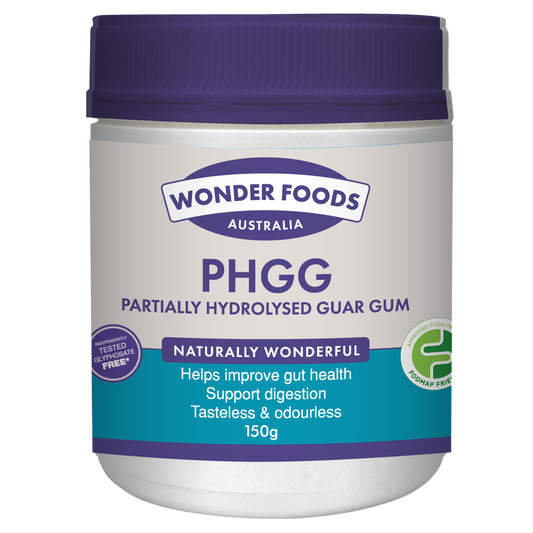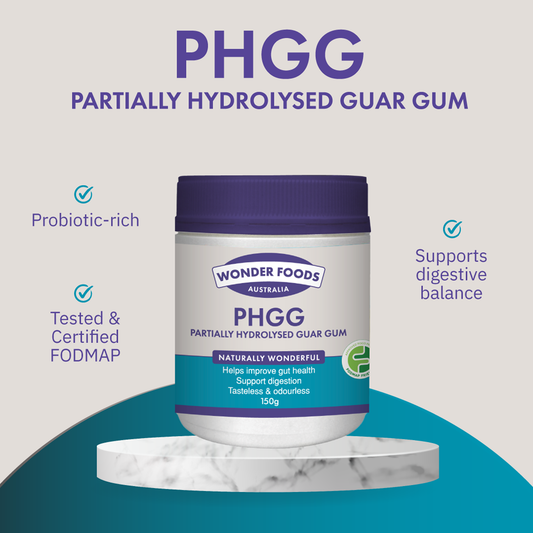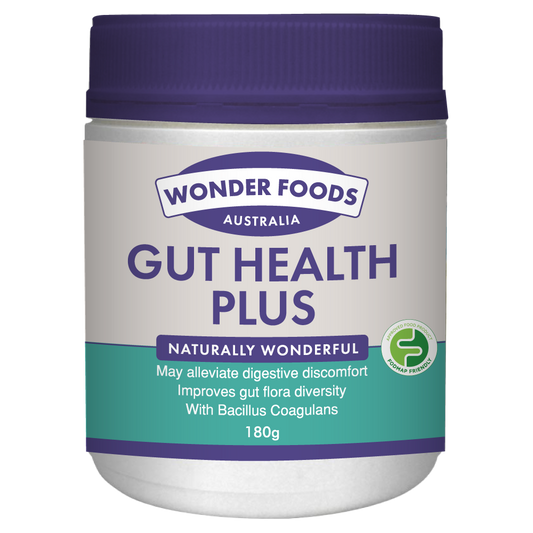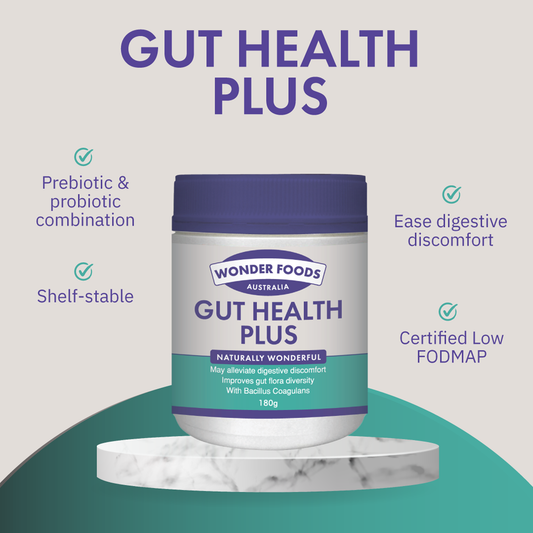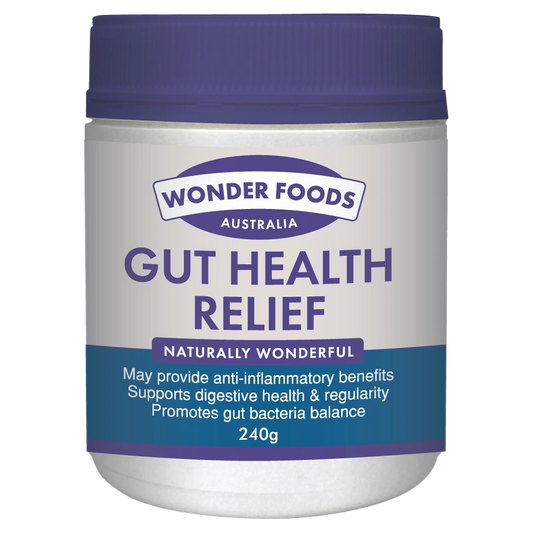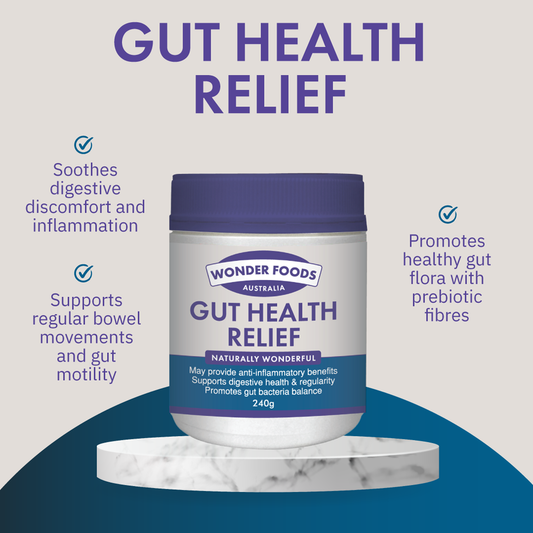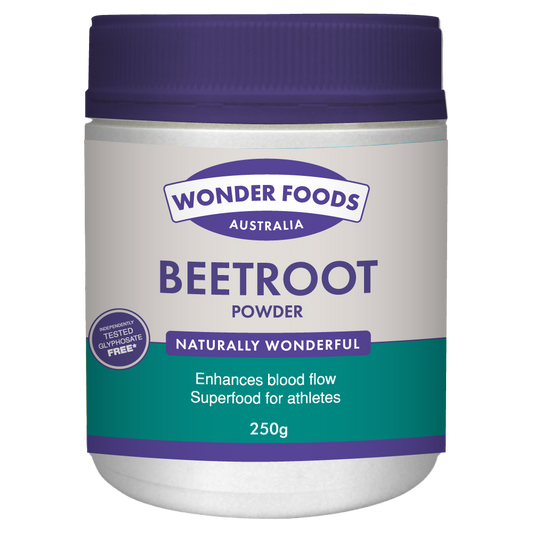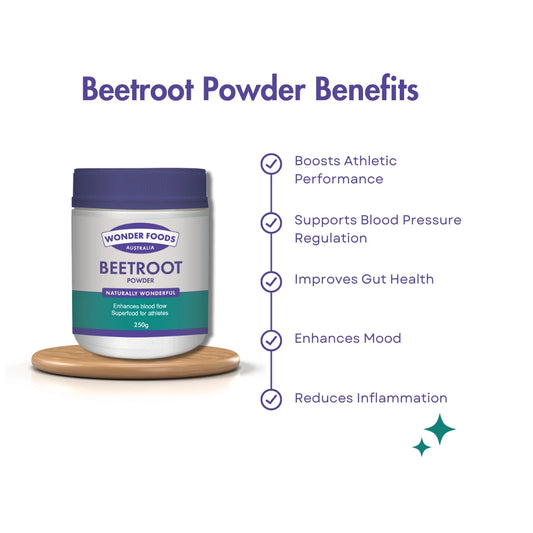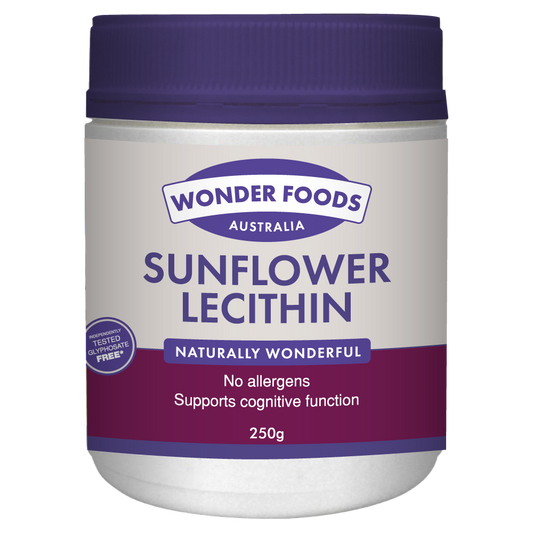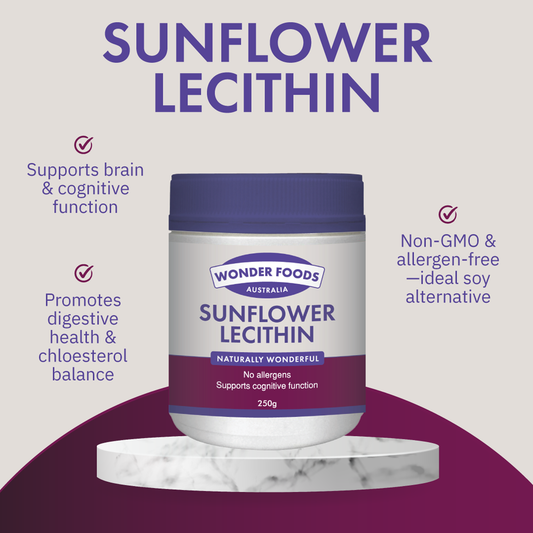
Gut Health - Causes, not Symptoms
Digestive issues are frustratingly common, and often, they feel unsolvable.
A major reason you might struggle to resolve your gut problems is you focus on symptoms instead of addressing root causes.
Identifying these underlying contributors is key to long-term relief.
Let’s explore some of the most common digestive issues and the often-overlooked factors that fuel them.
Why Effort Alone Isn’t Enough
You can follow every diet, take every supplement, and still struggle if you’re targeting the wrong problem.
True progress requires identifying the real causes behind your symptoms.
Below are some common digestive challenges and the hidden culprits that might be holding you back.
1. Pathogens
Pathogens like harmful bacteria, yeast, and parasites are common triggers for bloating, inflammation, and leaky gut.
Our bodies have natural defences—stomach acid, bile, and immune cells—that keep these in check.
But modern lifestyles weaken these barriers.
Contributing Factors:
- Low stomach acid: Often caused by proton pump inhibitors (PPIs) or stress.
- Slow motility: Linked to hypothyroidism, nutrient deficiencies (zinc, B12), and liver dysfunction.
- Dietary triggers: Processed foods, inflammatory additives, and high sugar intake feed pathogens.
Why It Matters:
Antibiotics and PPIs can worsen the balance by killing good bacteria or lowering stomach acid, paving the way for overgrowths like Candida, SIBO, or H. pylori.
To truly address these issues, you need to restore your gut environment—not just rely on antimicrobials.
2. Leaky Gut
The gut lining is a protective barrier, but today’s environment throws constant challenges at it.
Pathogens, imbalanced microbiota, and poor short-chain fatty acid production weaken this barrier, leading to intestinal permeability, or “Leaky Gut. Syndrome”
Key Drivers:
- Nutrient deficiencies: Vitamin A, zinc, glutamine, and magnesium are vital for gut lining repair.
- Toxins: Seed oils, mycotoxins, heavy metals, and pesticides cause oxidative stress and inflammation.
- Circadian disruptions: Poor sleep and stress impact tight junction proteins and mucus production.
Common Missteps:
Many people try glutamine or zinc supplements for leaky gut.
While helpful, they don’t address root causes like toxins, circadian misalignment, or chronic stress.
Without resolving these, progress is often short-lived.
3. Inflammatory Bowel Disease (IBD)
IBS conditions like Crohn’s disease and colitis are complex and poorly understood.
Many treatments focus on symptom management but fail to address contributors like dysbiosis, leaky gut, or low stomach acid.
Hidden Influences:
- Malabsorption: Issues with stomach acid, enzymes, or bile can disrupt nutrient absorption, aggravating inflammation.
- Lifestyle factors: Poor sleep, high stress, and a sedentary lifestyle often go unaddressed but play major roles.
- Diet mismatches: Generic advice like “go low FODMAP” isn’t enough. Tailoring diets to address specific issues like SIBO or bile imbalances is critical.
The Overlap:
IBD and IBS share symptoms like bloating, fatigue, and gut-brain disruption.
Differentiating between them and uncovering individual contributors is key to achieving remission.
4. Reflux
Most reflux treatments rely on PPIs to suppress acid, but this often worsens the underlying problem.
Low stomach acid, not high, is a common driver of reflux.
Underlying Causes:
- Stomach pressure: Excess gas from fermentation, motility issues, or imbalances can push acid upward.
- Muscle dysfunction: Weakness in the lower oesophageal sphincter or diaphragm can allow acid to escape.
- Other contributors: Stress, smoking, and nutrient deficiencies can aggravate reflux symptoms.
Why PPIs Fall Short:
PPIs may ease symptoms but don’t address the root issues like low acid, over-fermentation, or weakened muscle function.
This is why many people experience rebound symptoms when they stop PPIs.
5. IBS
Irritable bowel syndrome (IBS) is a diagnosis of exclusion, meaning it’s often used when no other conditions are found.
Unfortunately, many IBS diagnoses overlook underlying issues like SIBO, leaky gut, or dysbiosis.
What’s Often Missed:
- Pathogen overgrowth: Studies show up to 84% of people with IBS symptoms actually have SIBO.
- Food sensitivities: IBS is often linked to leaky gut, where partially digested food particles enter the bloodstream, triggering sensitivities.
- Gut-brain axis disruptions: Stress, circadian misalignment, and microbiome imbalances all play a role.
The Real Problem:
IBS treatments often include generic advice like low-FODMAP diets or probiotics.
While these help some, they fail for many because they don’t address the individual’s unique gut issues.
The Bigger Picture
Digestive issues are rarely isolated.
They’re often the result of multiple overlapping factors: poor diet, environmental toxins, stress, and lifestyle habits.
Addressing one without considering the others often leads to frustration and relapse.
Take Home Message (What you can do)
If you’re struggling with unresolved digestive issues, here are some actionable steps:
- Get Tested: Identify specific pathogens, food sensitivities, or nutrient deficiencies.
- Support Stomach Acid: If you suspect low acid, consider working with a practitioner to test and support it.
- Prioritise Gut Repair: Focus on whole foods, nutrient-dense meals, and supplements (think prebiotic, synbiotic or glutamine, while addressing triggers like stress or toxins.
- Balance Lifestyle: Improve sleep, manage stress, and align circadian rhythms to support gut health.
Final Thoughts
Resolving digestive issues requires looking beyond symptoms to identify and address the root causes.
By considering pathogens, gut lining health, diet, and lifestyle factors, you can make meaningful progress.
If you’ve tried everything without success, it may be time to dig deeper into the true drivers of your gut health challenges.
Take control of your health by targeting the root causes—not just the symptoms.
Your gut (and mental well-being, skin health, hair, etc.) will thank you.
DISCLAIMER:
This blog post is for informational purposes only and does not constitute medical advice. Always consult with a qualified healthcare professional before making changes to your diet, lifestyle, or treatment plan. Individual health conditions vary, and what works for one person may not be suitable for another. The information provided here is based on general knowledge and should not replace personalised medical advice or professional diagnosis.

